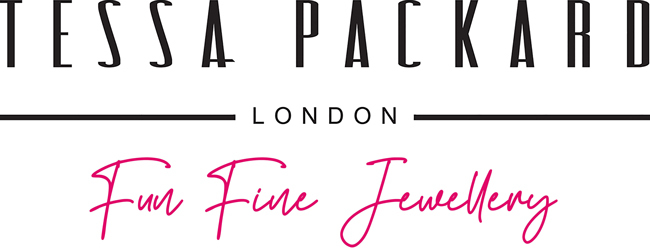
July 2020
Buying Jewellery at Auction
There is an undeniable excitement to buying at auction: how high will the price go, will you snag yourself a bargain or will you be pushed up and over your limit in the quest to buy that perfect piece?
Many jewellery dealers and collectors thrive on the adrenalin rush of the auction room, but this is an arena where it pays to know your stuff. The world of auctions can be daunting and baffling to the unseasoned, inexperienced buyer, but with the following tips the process should hopefully be that little bit clearer.
♦ If you can, always make sure you go and view the sale beforehand. This is especially important with jewellery. It is only when you physically see a piece of jewellery that you get a sure sense as to whether it is right for you. You should try it on, inspect it carefully for possible damage and most importantly ask the specialists for a detailed condition report. You want to know as much as you can about a piece before committing to ‘go for it’. Many buyers even go as far as asking how much interest a piece has received. Whilst this can be a good way of gauging how much competition there will be at the sale, always use your sixth sense – the response may not always be the complete truth.
♦ Use the estimated price to help you work out the top end of your budget. Often, pieces hold a reserve at the lower estimate, meaning that the piece will not sell if this price is not reached. However, if there is a lot of interest then the bidding may soar well over the higher estimate. It is also worth noting that dealers tend to bid lower than private buyers as they have to factor in their own re-selling margins. It helps to know who is holding the paddles in the room, and therefore who might be bidding against you.
♦ Don’t forget, the hammer price is not the total cost. It is very important to factor in auction fees and taxes that are added on top. Auction fees tend to be between 20-30% and these fees carry VAT charges. If your hammer price is £1,500, your total spend will actually be in the region of £2,000. All auction houses will publish their fees either in the printed catalogues or online. Always check your numbers to ensure your bid won’t make you end up paying more than you intended.
♦ Do your homework. Try to look at previous sale results for similar items sold in the past couple of years to estimate what a piece may sell for. You will be able to get a fairly good idea of what the average spend for a similar item is and thus can plan your bid accordingly. Most of the big auction houses now have comprehensive online archives where you will be able to carry out a quick search.
♦ Beware however of comparing two similar jewellery items with extremely different provenances. Two identical-looking rings can fetch very very different prices if one was owned by royalty, a celebrity or the such like.
♦ If you are not able to attend the auction in person, you can arrange a telephone bid, leave an absentee bid or register to bid online. Telephone and online bidding follows the same rules as being in the room where bidding will go up in standard increments. Usually the auctioneer will prioritise bids in the room, followed by telephone bids and then bring in the online bids. Leaving an absentee bid means you submit your maximum bid in advance of the sale. The auctioneer will never go over the figure you have stated, and depending on the competition, it may be that your bid is successful at a much lower price.
♦ However you choose to bid, ensure you register yourself well in advance. Many auction houses close registration 24 hours or more before the start of the sale. And however you choose to bid, the auction process should ultimately be a fun and rewarding one, not something that induces a heart attack. Many collectors prefer NOT to buy jewellery at auction, and some don’t even contemplate it. Buying jewellery at auction is not for everyone.

